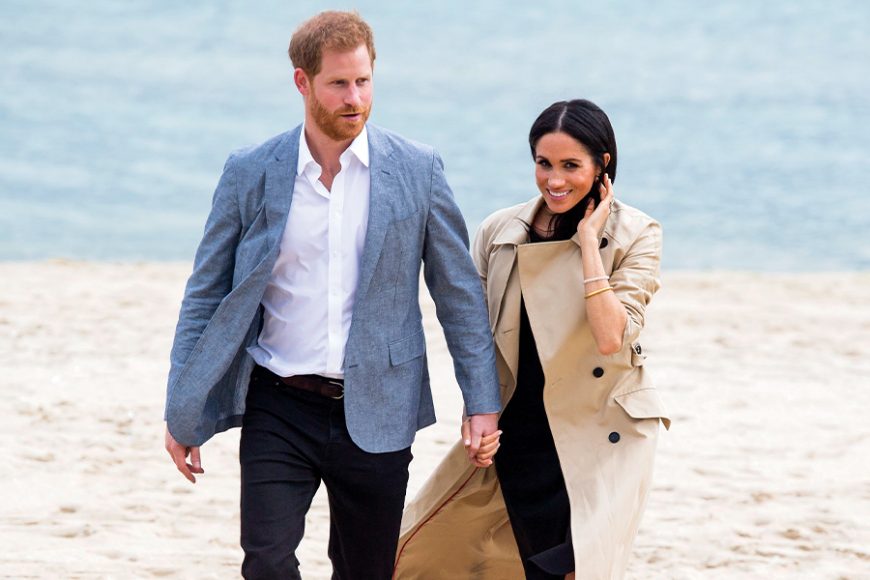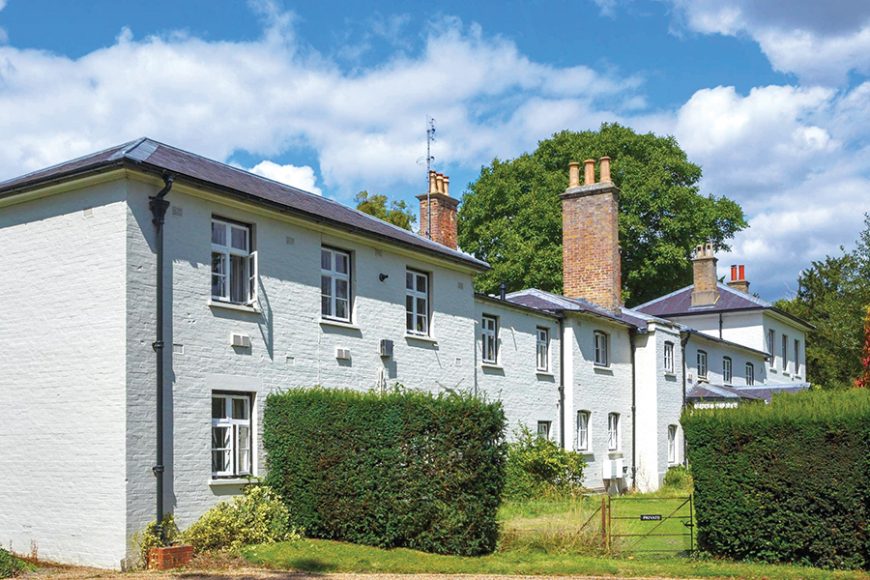Like Andrew Morton’s “Diana: Her True Story,” Omid Scobie and Carolyn Durand’s “Finding Freedom: Harry and Meghan and the Making of a Modern Royal Family” (Dey St./William Morrow, $27.99, 354 pages) – billed as “the definitive biography” – reads like an authorized one. There are just too many details that even the most assiduous royal reporter wouldn’t be privy to. But more to the point, this is a biography that hews to the perspective of its subjects to the detriment of mature writing. We’re told Harry and Meghan, the Duke and Duchess of Sussex and their circle act bravely or text excitedly instead of the authors just quoting the text or describing the act. Rule number one of journalism — show, don’t tell.
Rule number two: In making a point, get in and get out. If we hear Meghan is beautiful and gorgeous once, we hear it thrice. We’re told over and over again how hardworking she and Prince Harry are. Repetition breeds insecurity and tends to deliver the opposite of the desired message. The couple may work hard but as even the authors make clear, it’s not like they come home to clean house and do laundry.
Indeed, Scobie and Durand portray the duke and duchess as living fairly charmed lives. Harry’s is better known – the adored “spare” to Prince William’s heir; younger son of Prince Charles, heir to the British throne, and his late, lamented wife, Diana, Princess of Wales; the little boy who followed her casket; the bad boy who grew up to become a successful soldier and philanthropist.
Meghan is the lesser-known of the two, but her résumé is that of an American success story. Whatever financial difficulties her mother, Doria Ragland, and father, Thomas Markle, had in their short-lived marriage, they raised their daughter together in an atmosphere of confidence and love. (One of the revelations of the book is the role Meghan’s father played in the development of her feminism and careful spending habits.) The prejudice Meghan and her mother encountered as women of color was counterbalanced by the helping hands Meghan found along the way. Reading the book, you’ll be hard-pressed to think of another person who has had so many friends and acquaintances who were ready to lend a designer dress, a plane or a house.
There has to be something about the former Meghan Markle that has captivated everyone from Serena Williams to her prince. She emerges in these pages as charismatic, industrious, thrifty, assertive, goal-oriented, ambitious, generous — a golden woman who made her opportunities and then ran with them.
Yet qualities are neither good nor bad but context makes them so. It’s interesting that Meghan and Harry married on May 19, 2018. On May 19, 1536, Anne Boleyn, Henry VIII’s second wife, was executed. We’ll never forget what historian David Sharkey (“The Six Wives of Henry VIII”) told us about her downfall: The contrariness that is enticing in a mistress grates in a wife.
The ability to navigate and network that made Meghan an American success story — the only thing she failed at was the State Department’s formidable foreign service exam — set her adrift in a British institution that has hundreds of years of tradition, structure and protocol behind it. The authors say as much, quoting a former senior courtier who describes himself as fond of the duchess. She, he said, “arrived in this job a fully formed adult, having lived already a third of her life. She is a Californian who believes she can change the world. She creates her own brand, she creates her own website, she does deals. She talks about life and how we should live.
“Good for her….That’s the way in America. In Britain, people look at that and go, ‘Who do you think you are?’”
Who she is is a woman who married a man who may have been looking to get out just as she was going all in. It’s one of the ironic themes of “Finding Freedom” that Harry – who seems to have suffered a PTSD tied up with his life in a fishbowl and the dramatic, media-fueled death of his mother – may have in seeking a partner to share his royal life found instead a catalyst for their royal departure. That Meghan would say of that departure that it didn’t have to be like this suggests that they intended to stay but only on their own terms in a world in which individualism is subsumed in duty.
Perhaps the ultimate irony of “Finding Freedom” is that in telling the story of a couple forced out, Scobie and Durand instead paint the portrait of a pair who overplayed their hand in the game of life.
– Georgette Gouveia


